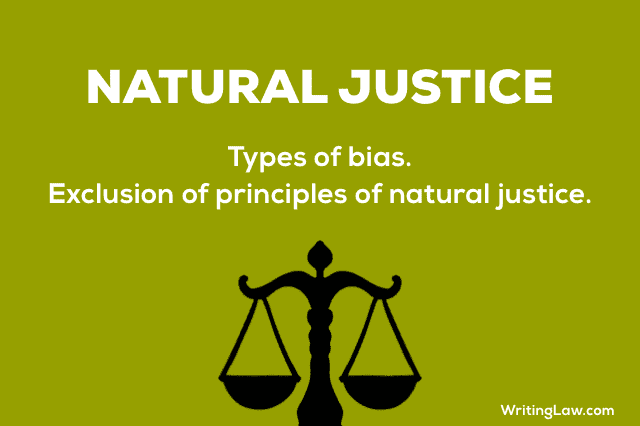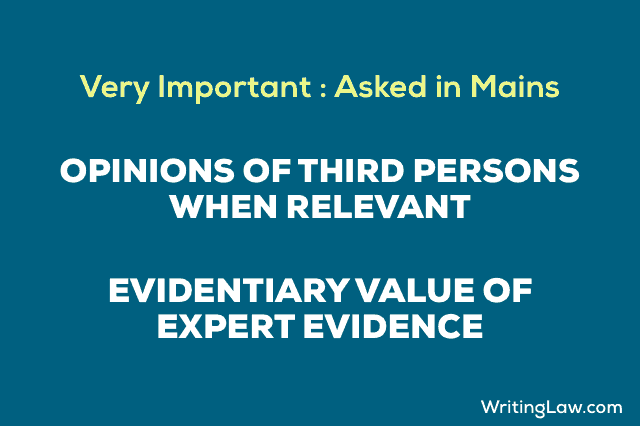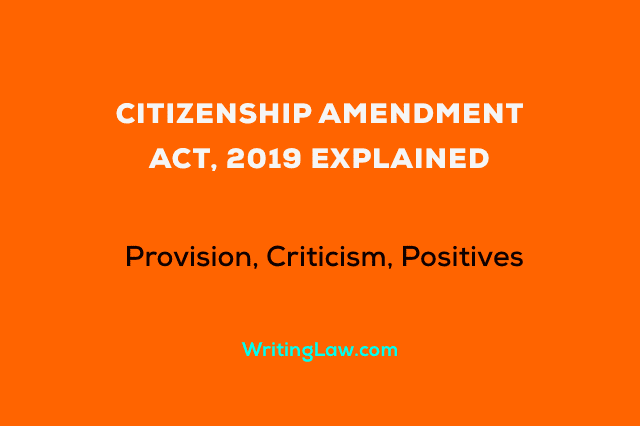What Is Natural Justice, Its Principles, Prerequisites, and Exception
Natural justice is also known as universal justice, substantial justice, or fair play in action. It is an essential concept of divine law, which is based on the law of equity.
Its importance can be assumed to be reflected in every statute or enactment by promoting equity among parties, which means equal treatment and opportunity.KEEP READING





















